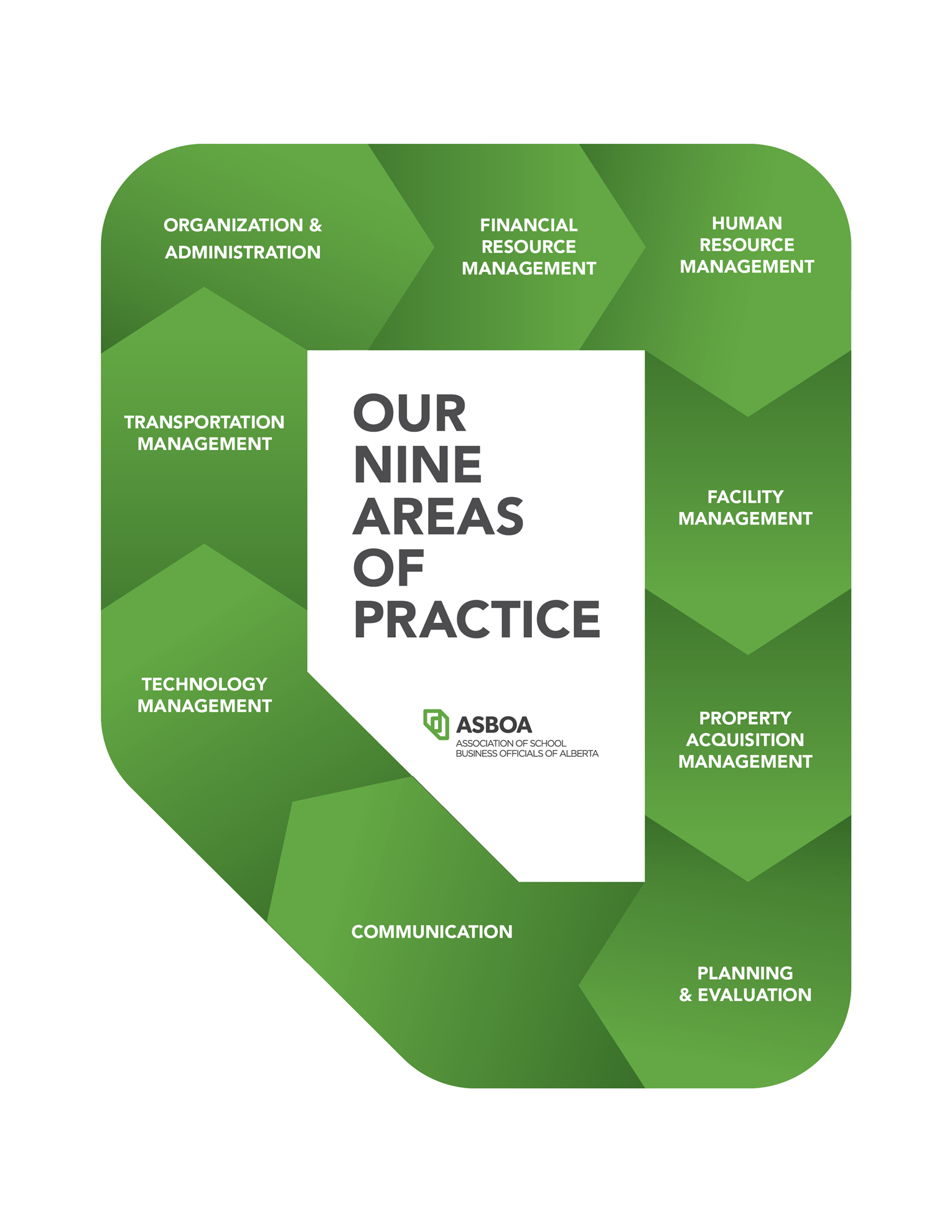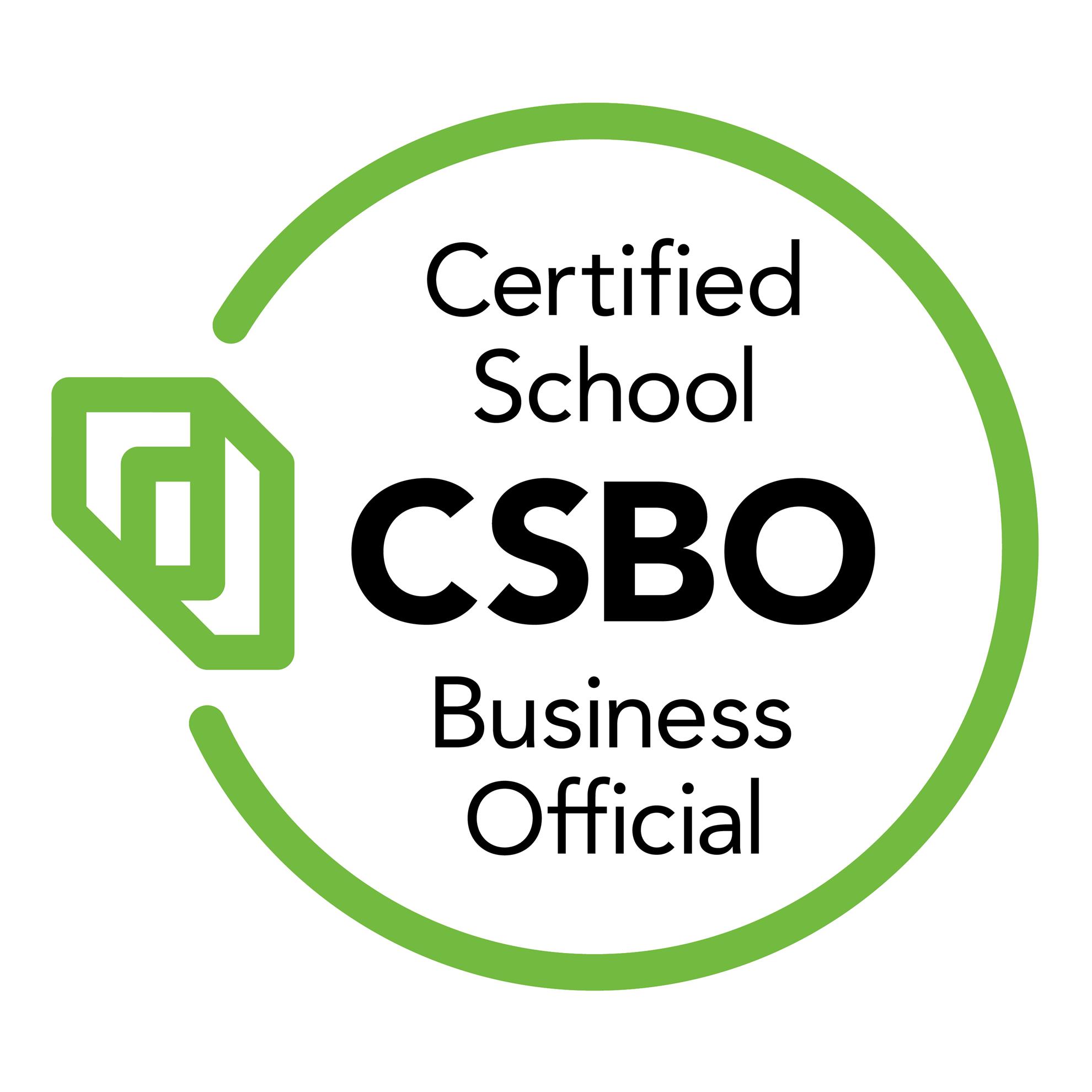MANAGEMENT INFORMATION SYSTEMS
School Business Officials work with staff to determine the needs of the school authority, conduct long-term planning, and understand how the various systems integrate with each other. They understand what the system's security needs are and ensures a business continuity plan is in place.
- Manage the development of a technology plan by prioritizing jurisdiction needs and budgeting for short- and long-term costs to account for new and changing technologies.
- Manages the development, evaluation, implementation, training and use of technology in area of responsibility
- Maintains a working knowledge of the technology and software available for school district and business office use.
- Review and assess vulnerabilities and ensure that appropriate security and controls exist for school board and district data and records.
- Ensure appropriate policies and procedures are in alignment with any applicable legislation that relates to record keeping and safeguarding personally identifiable information.
- Plan for privacy breaches, have contingency backups and redundancy protocols, develop reliability plans and recognize the impact of systems being down.
- Implement succession planning and transfer of knowledge to ensure continuity of operations.
- Ensure that a disaster recovery plan is in place for accounting and business operation data as part of the business continuity plan for the school authority.
- Allocate appropriate resources towards the purchase and installation of applicable technology and technology infrastructures needed in the school authority.
RECORDS MANAGEMENT
Is the practice of managing records of an organization through their life cylce from the time they are created to their eventual disposal. This includes identifying, classifying, storing, securing, retrieving, accessing, tracking and destroying or permanently preserving records.
- Understands and ensures an appropriate records management system is in practice that addresses jurisdictional needs in keeping with legislative requirements.
- Ensure the development of processes and procedures to capture, collect and receive records from internal and external sources.
- Ensure there is a system in place to ensure consistent methods of identifying, classifying, storing, securing, retrieving, accessing, tracking, and destroying or permanently preserving records.
- Ensure there is a system in place to store, preserve and protect information, including business resumption plans and security systems for physical storage and electronic records.
- Develop and implement a records retention policy and schedule for appropriate retention and disposal of records.
- Specific understanding of legislation, regulations, internal policies, and procedures as it relates to the collection, use, retention, and disposal of personal, organization and third-party information.
- Evaluating risks and benefits of outsourcing hosting and computing services and review service providers agreements with compliance and privacy legislation.
- Develop breach and incident management protocols.
INTELLECTUAL PROPERTY
Intellectual property rights include trademarks, copyright, patents, industrial design rights and trade secrets. These cover music, literature, artistic works, discoveries, inventions, words, phrases, symbols and designs.
- Has a comprehensive knowledge of different types of intellectual property and legislative requirements to ensure the protection and use of intellectual property.
- Assists in the development of policy and procedures for ensuring reporting and compliance with all legal and legislative requirements is in place.
- Understands Copyright Laws and copyright access that may apply to the development and/or use of materials by all stakeholders within the system and provides appropriate information/training to ensure school personnel know what can and can't be copied or used in the classroom.
- Ensures there is a system in place for reporting in compliance with all legal and legislative requirements.


